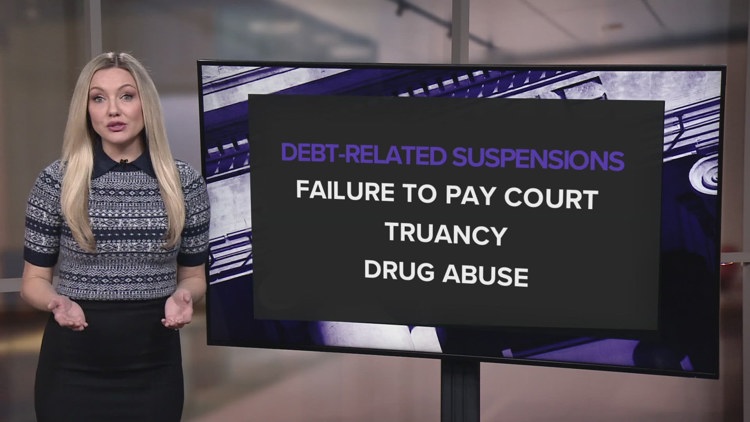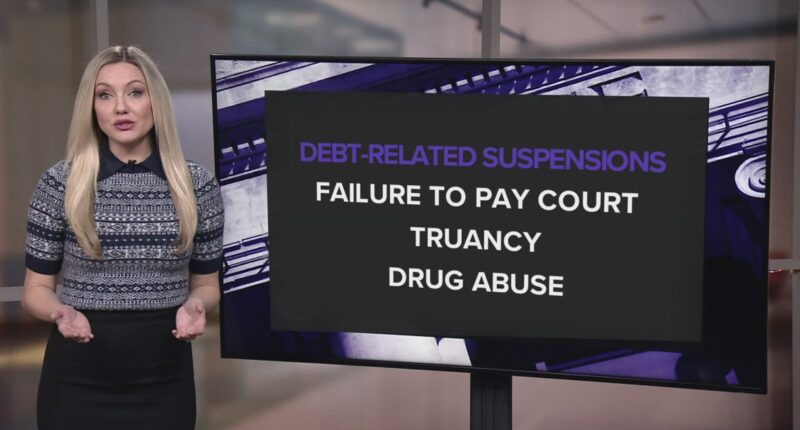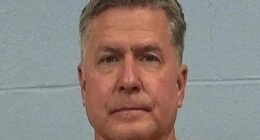
Prior to the law change, Ohio had been suspending more than 3 millions driver’s licenses each year due to debt, not driving.
CLEVELAND — Legal analysis: In Ohio, there are more than three million driver’s license suspensions every year that are related to debt, not driving, according to Ohio Poverty Law Center.
Legally Speaking, a new law will bring that number way down, which is a huge win for income equity advocates.
With Gov. Mike DeWine signing House Bill 29 into law, Ohio driver’s licenses that had been suspended for non-driving-related offenses will be reinstated, and there will be new limits on suspending driver’s licenses for those kinds of things in the future.
In the past, you could lose your license if you didn’t pay a court fine or fee, for school truancy, or for drug abuse crimes. That won’t be an option in these cases anymore, with the exception being if a vehicle was used to help a person make, distribute, or traffic drugs.
If you did lose your license for failing to to pay a court fine or fee, it will be automatically and retroactively reinstated with no reinstatement fees. That means you don’t have to do anything to make it happen — it will be like you never lost it in the first place, and getting your license back won’t cost you anything either.
Plus, from now on, if you’ve lost your license for failing to pay child support, you can ask the court for limited driving privileges in all circumstances. That was something that was limited to specific scenarios in the past.
“This bill is a step in the right direction, and it is encouraging to find legislators willing to dig in and do the work on these issues,” Policy Matters Ohio Social Justice Outreach and Organizing Specialist Bree Easterling told 3News. “But driver’s license suspensions are just one of the ways Ohio criminalizes poverty. There is a lot more work to do.”
Stephanie Haney is licensed to practice law in both Ohio and California.
The information in this article and video is provided for general informational purposes only. None of the information in this article and video is offered, nor should it be construed, as legal advice on any matter.
















